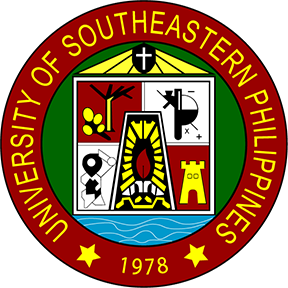This course deals with the different types of electronic building auxiliary systems such as voice and data, Fire Detection and Alarm System (FDAS), Public Address and Background Music (PABGM), and Closed-Circuit Television (CCTV). It includes the identification of system components and their functions, as well as the design and production of electronic layout plans based on best practices in bill of quantities (BOQ) and industry standards.
Aligned with SDG 11: Sustainable Cities and Communities, the course emphasizes the role of intelligent and secure electronic systems in promoting safe, resilient, and sustainable infrastructure. By learning how to properly plan and implement these systems, students contribute to building environments that support smart city development, enhance public safety, and improve quality of life through efficient technology integration.
This course deals with a series of lectures and seminars on selected topics that are highly relevant to electronics engineering but are not covered in any of the formal courses. It covers recent advances in electronics engineering. It is also a venue for the students to present their projects and research.
The course, focusing on SDG #4 (Quality Education), offers an immersive introduction to the electronics engineering profession. Through active participation in seminars and engaging educational field trips, students gain comprehensive insights into the field of electronics. These seminars and field trips are strategically scheduled throughout the entire semester, culminating in a concentrated series of educational visits during the first month of the first semester. The course provides a platform for students to explore diverse opportunities within the electronics industry, empowering them to practice their chosen profession while aligning with the principles of quality education. These experiences foster a deep understanding of electronics engineering and contribute to the cultivation of skilled professionals who can contribute meaningfully to the industry and society.
This course introduces the structure, composition, properties, and behavior of metals, polymers, ceramics, and composite materials in service environments. Using the CDIO framework, students explore how materials are selected, designed, and applied in engineering systems with a focus on sustainability and performance. Emphasis is placed on the environmental impact, recyclability, and lifecycle of materials. The course supports Sustainable Development Goals specifically Responsible Consumption and Production (SDG 12).
The course covers the value of professional and life skills in entrepreneurial thought, investment decisions, and actions that students can utilize in starting their technology companies or executing R & D projects in companies as they start their careers. The net result is a positive outlook toward wealth creation, high value adding, and wellness in society.
By fostering innovation, entrepreneurial mindset, and responsible investment strategies, the course supports Sustainable Development Goal 8: Decent Work and Economic Growth. Students are equipped to contribute to inclusive economic development through technology-driven ventures and value-creating enterprises that promote long-term sustainability and productivity.
